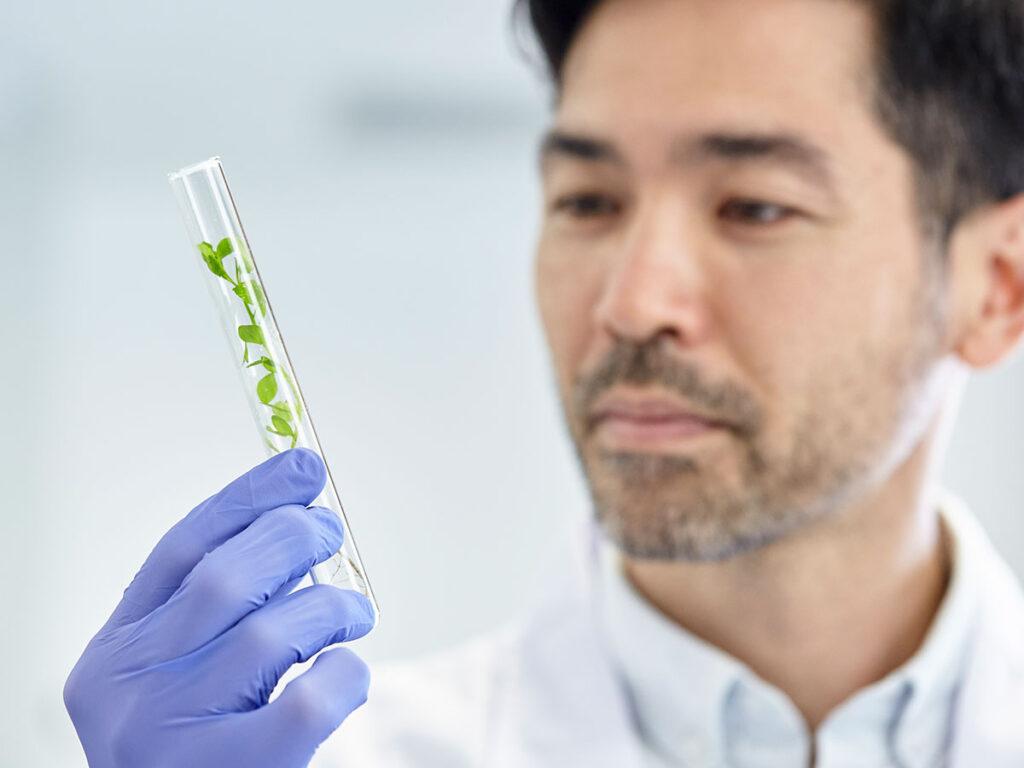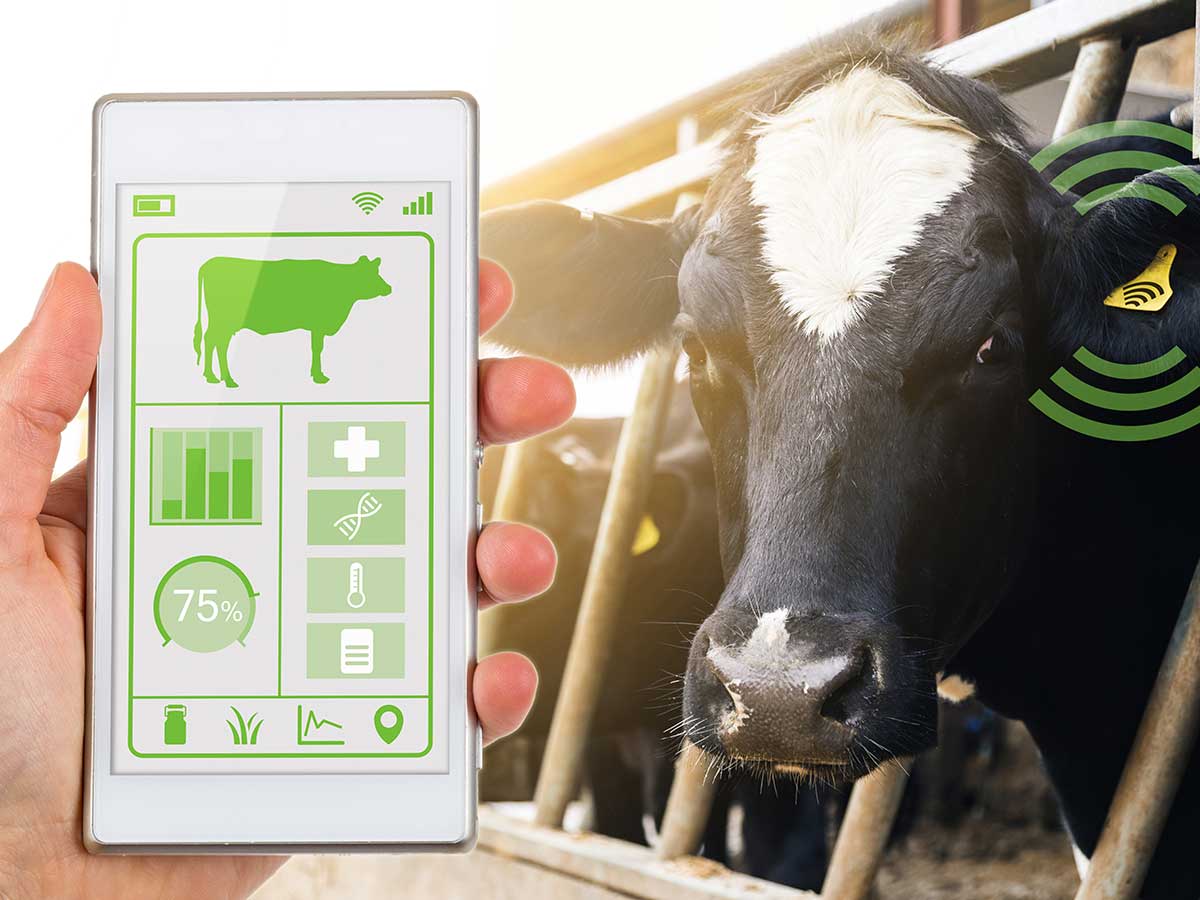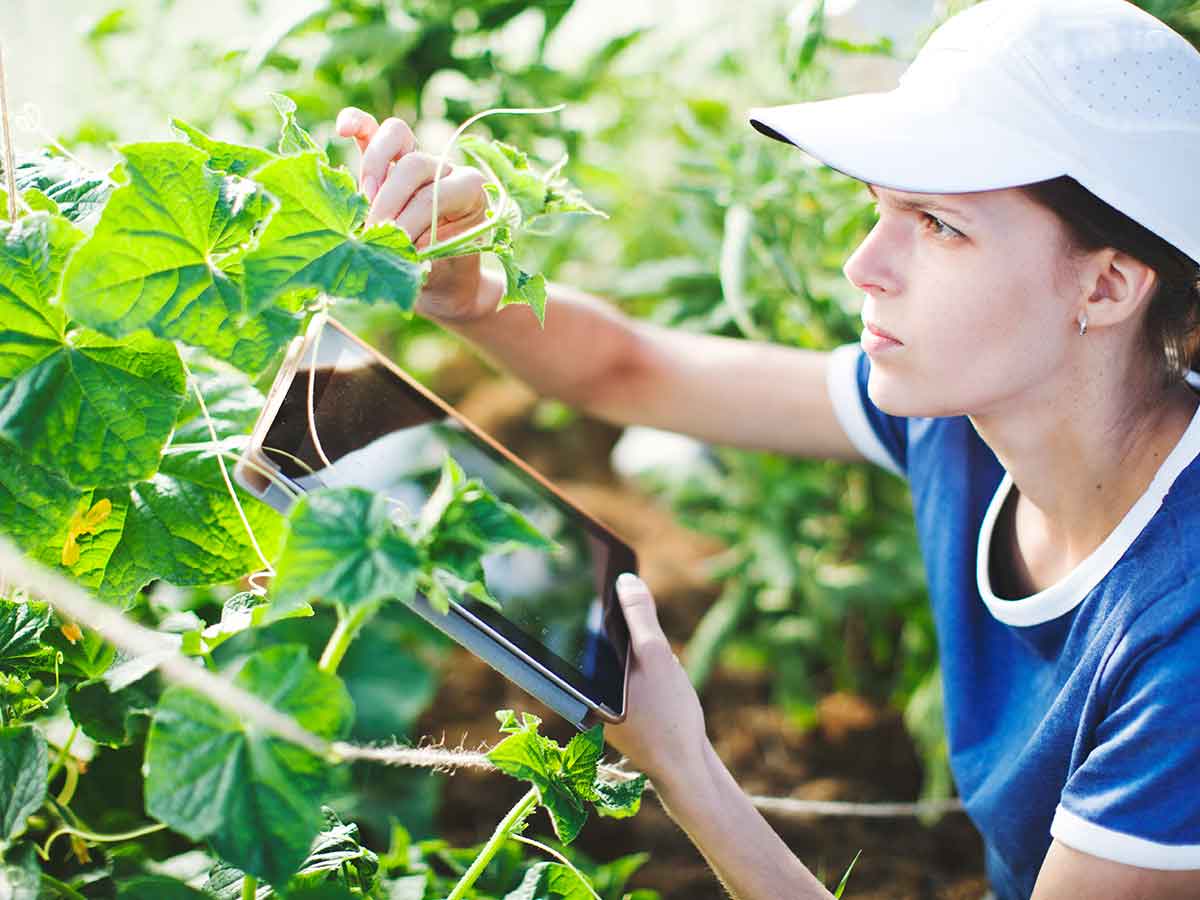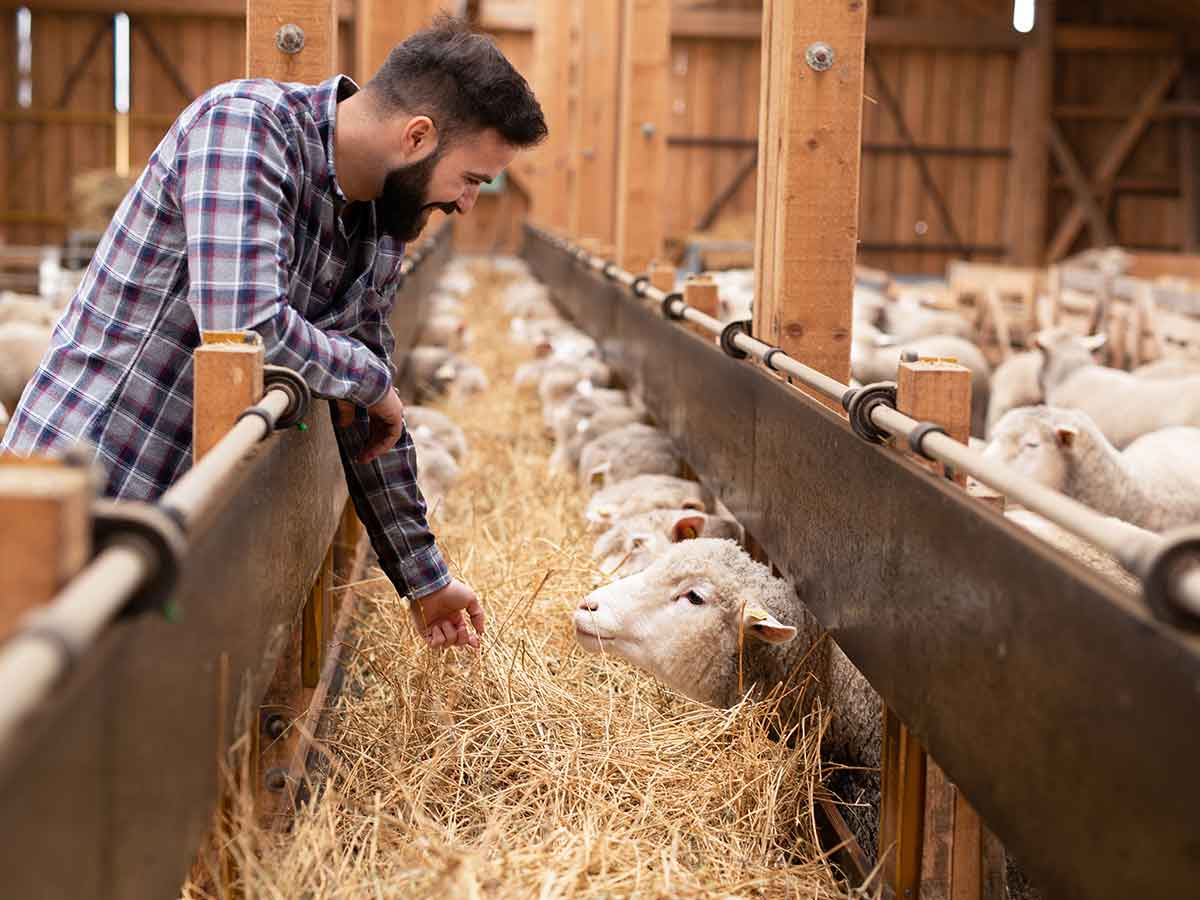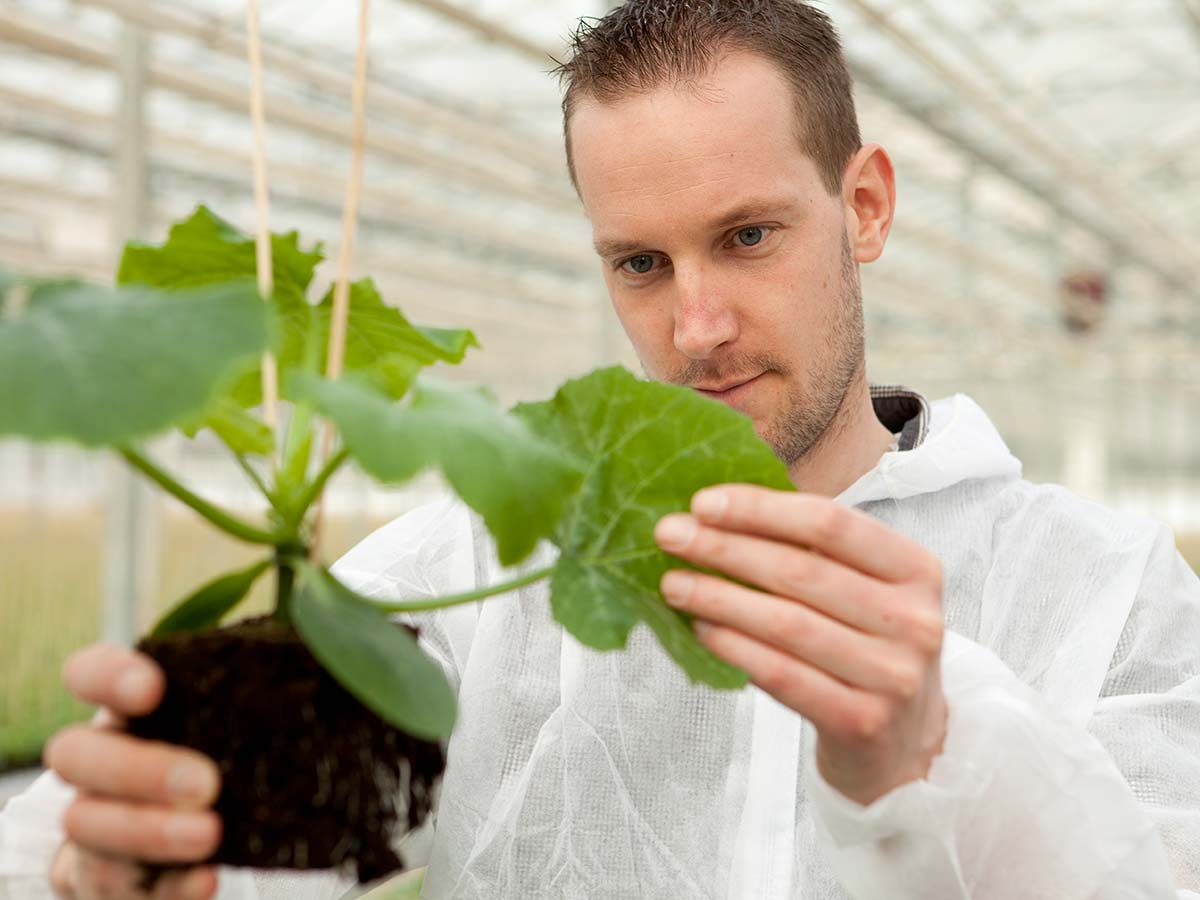An evidence-based model for incorporating farm greenhouse gas emission estimates into education and research
Given the current political focus on greenhouse gas emissions in the farming sector, agricultural researchers need a way to incorporate farm-level greenhouse gas (GHG) emissions into research studies. Unfortunately, many available carbon footprint tools are simplified for industry users and do not provide transparent information about their methodologies. Agrecalc offers a solution, in the form of an evidence-based tool with roots in both research and industry.
We understand the tight timelines and limited resources which govern research projects and seek to provide farm-level GHG estimations with as little friction as possible. Our work with research institutions enables greenhouse gas emission modelling to be added to research projects without the time and effort required to build a model from scratch.
The academic and research community often needs a customised solution. Please do not hesitate to contact our team to see what is possible.

